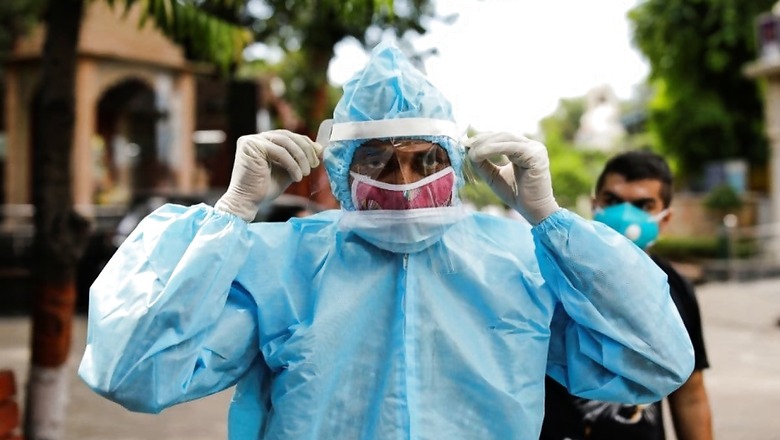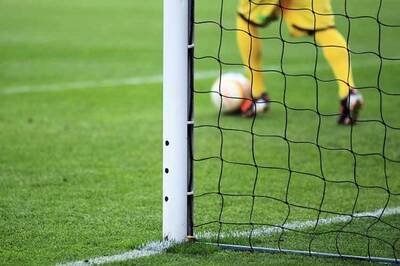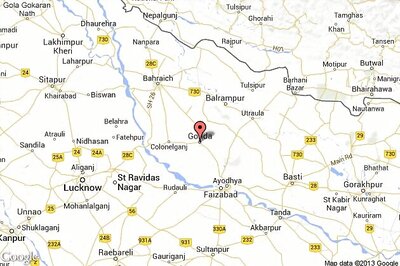
views
To wear or not to wear is no longer the question, with face masks becoming a necessity when you step out during the pandemic. Wearing a face mask in public places is known to be one of the most effective ways to prevent the spread of COVID-19 infection, and so, health experts and government officials across the globe are promoting its use.
But apart from the use of masks, face shields have also come up as another form of protection against droplet transmission of the SARS-CoV-2 virus. In an opinion piece published in JAMA in April 2020, three doctors insisted that a simple and affordable face shield ? which healthcare workers use in medical settings ? might be a very effective way to contain the spread of COVID-19. The article briefly explains the efficacy of cloth and medical masks in stopping the SARS-CoV-2 virus and then goes on to explain that face shields may be more effective.
New research by the US Centers for Disease Control and Prevention (CDC), however, suggests that face shields aren’t as effective as experts previously suggested.
What is a face shield?
A good face shield is a clear plastic barrier that covers you vertically from the forehead to below the chin and horizontally from ear to ear. There should be no gap between the forehead and the face shield’s headpiece. According to the doctors who wrote the above-mentioned opinion article, the following are some of the benefits of using face shields:
- Unlike medical masks, face shields can be reused indefinitely. They can be easily cleaned with soap and water or disinfected with common household disinfectants.
- Face shields are comfortable to wear and protect the entire face. Even the wearer cannot touch his or her own face while wearing a face shield.
- A face shield allows proper communication via speech as well as facial expressions.
- Face shields are cheap and can be made easily with office supplies, art and craft materials, etc.
Are face shields as effective as masks?
While these benefits make the use of face shields desirable, previous studies have not studied how effective they are against the SARS-CoV- 2 virus in particular or how they perform compared to face masks. The CDC study, which is available in preprint while being peer-reviewed, might be able to throw much-needed light on this aspect.
The researchers used a cough aerosol simulator with a head-like form to propel small aerosol particles onto face masks and face shields. They found that an N95 respirator blocked 99% of the cough aerosol, a medical mask blocked 59% aerosols, a 3-ply or triple-layered cloth face mask blocked 51% aerosols and a polyester neck gaiter blocked 47% aerosols when worn in a single layer and 60% aerosols when folded into a double layer.
Compared to all these varieties of face masks, a face shield was able to block only 2% of the cough aerosol. This clearly indicates that a face shield isn’t nearly as effective as the most basic neck gaiter or cloth mask. Opting for any of these face masks and wearing them properly and regularly can therefore offer much more protection against aerosols containing the SARS-CoV-2 virus than face shields can.
For more information, read our article on How useful are masks against COVID-19.
Health articles on News18 are written by myUpchar.com, India’s first and biggest resource for verified medical information. At myUpchar, researchers and journalists work with doctors to bring you information on all things health.
Read all the Latest News and Breaking News here

















Comments
0 comment